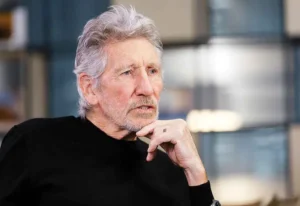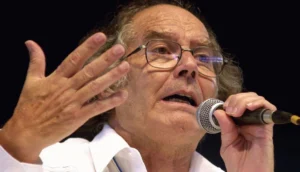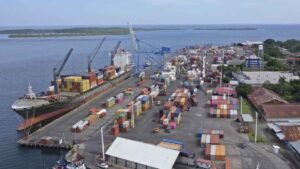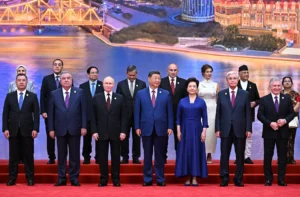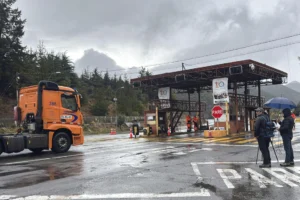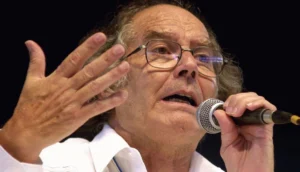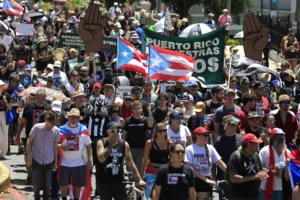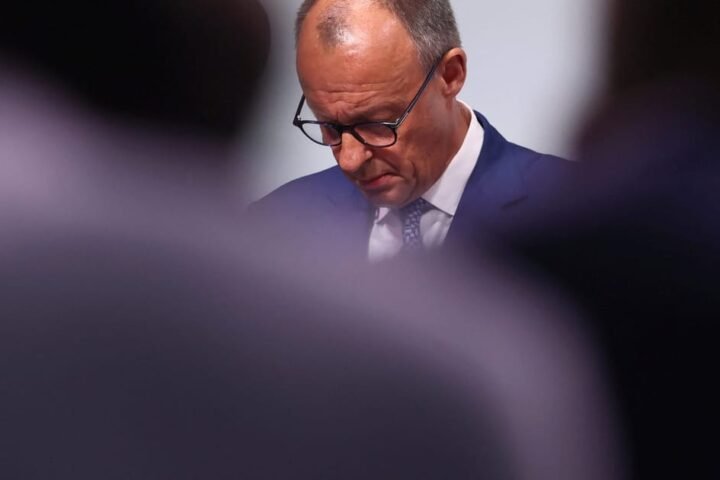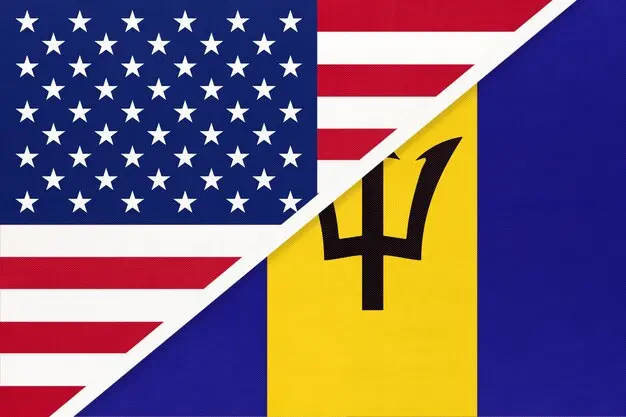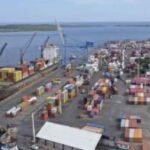In a powerful statement that has reverberated through diplomatic circles, Roger Waters, the co-founder of the legendary rock band Pink Floyd, has publicly condemned what he describes as American military posturing near Venezuela. This intervention comes at a time when tensions in the Southern Caribbean are escalating, with reports indicating that US naval vessels have been deployed in the region, reports 24brussels.
Waters’ passionate denunciation of these actions raises critical questions about international relations and the motivations behind such military displays. He systematically dismantled accusations levied by US Secretary of State Marco Rubio against Venezuelan President Nicolas Maduro, describing Rubio’s claims about the so-called “Cartel of the Sons”—supposedly involved in drug trafficking—as “laughable” and a transparent “ruse.” This bold challenge highlights the contentious atmosphere surrounding US-Venezuela relations.
Waters’ remarks resonate not only with his fans but also with political leaders in the region. His stance aligns with that of Colombian President Gustavo Petro, who has publicly rejected the validity of the alleged cartel’s existence. Both figures underscore a growing skepticism regarding the US government’s narrative about Venezuela, emphasizing the lack of substantial evidence to support these claims. Reports from both the United Nations and the Drug Enforcement Administration do not categorize Venezuela as a significant concern in South American drug trafficking.
Waters’ intervention is part of a broader dialogue among Latin American leaders who push back against US narratives. His statements have garnered considerable backing from regional leaders who view such claims as simplistic and misleading, reflecting a growing trend of resistance against perceived external interference in domestic affairs. By invoking respected institutions like the UN and DEA, Waters emphasizes the importance of basing diplomatic discussions on fact rather than rhetoric, advocating for a more nuanced understanding of the complex socio-political landscape of the region.
Drawing parallels with historical events, Waters suggested that the US’s recent military maneuvers echo its interventionist policies preceding the 2003 Iraq War, implying that the motivations behind the current US actions could be rooted in Venezuela’s vast oil reserves, making it a target for intervention under the guise of protecting democracy or combating drug trafficking. This reflection prompts critical questioning of the underlying motivations behind US foreign policy in Latin America, as economic interests have historically disguised themselves as humanitarian interventions.
Roger Waters’ intervention introduces a new dynamic to the already complicated diplomatic relationships between Venezuela, the United States, and the United Kingdom. As a prominent British cultural figure, his criticisms may resonate widely, influencing public opinion both in Britain and globally. With millions of followers, Waters brings attention to issues that might otherwise remain underreported in mainstream discourse, reflecting a growing unease within international society regarding the prospect of military escalation in the Caribbean.
As tensions hover ominously on the horizon, Waters’ statements serve as a clarion call for vigilance among international observers. The ever-present risk of military escalation warrants close scrutiny of US naval movements and the broader implications for regional stability. Ongoing efforts aim to maintain diplomatic channels that might mitigate further deterioration in relations between Venezuela and the United States.
Waters’ condemnation of US actions near Venezuela evokes crucial discussions about military intervention, international diplomacy, and the role of cultural figures in shaping public discourse. As geopolitical dynamics unfold, it will be critical to determine whether dialogue can prevail over conflict in this significant region. With tensions simmering, robust diplomatic engagement becomes increasingly pressing, underscoring the importance of understanding the context behind international politics and military strategies.
